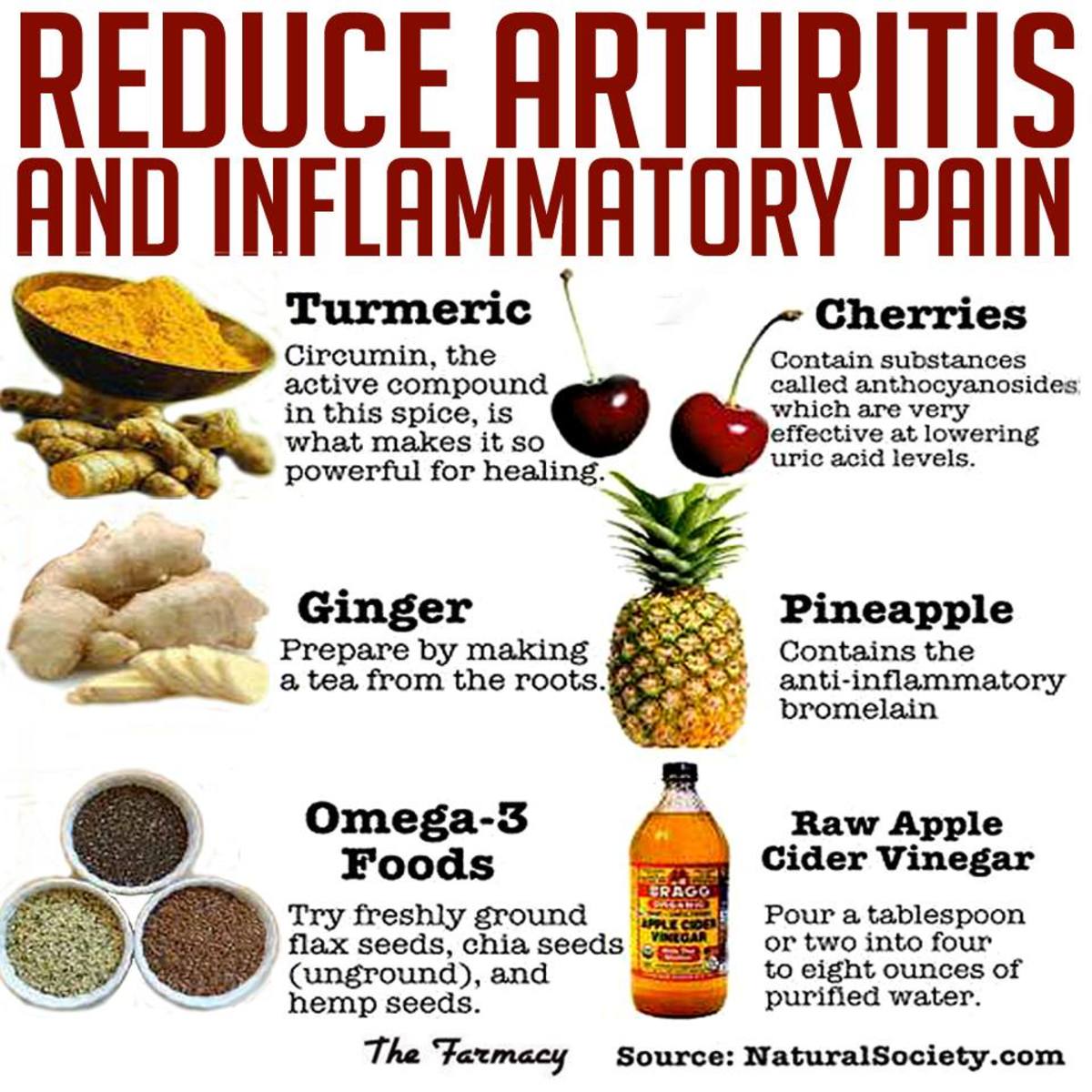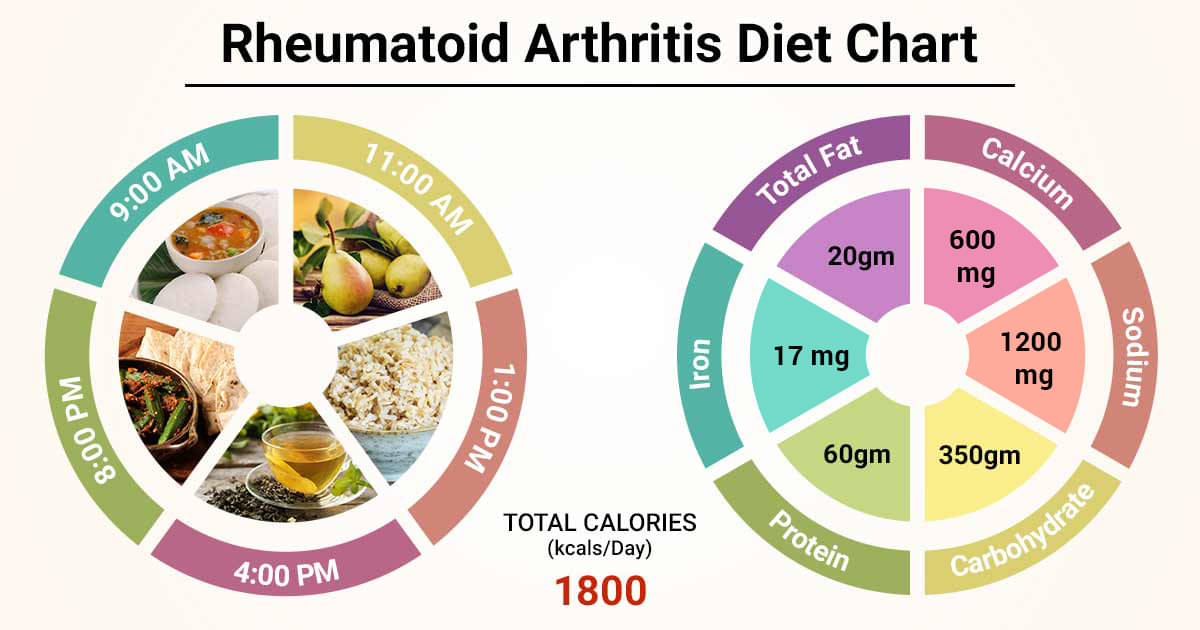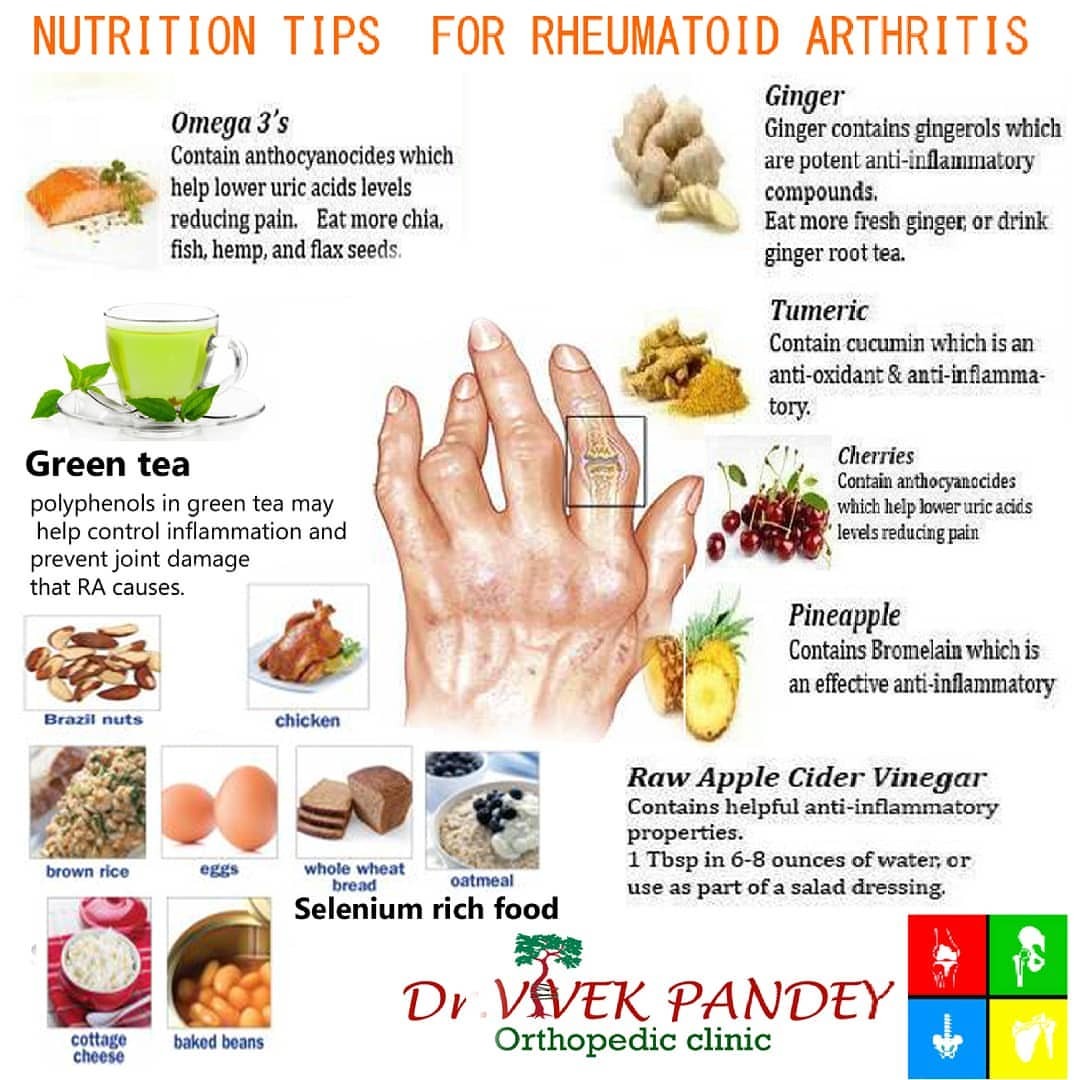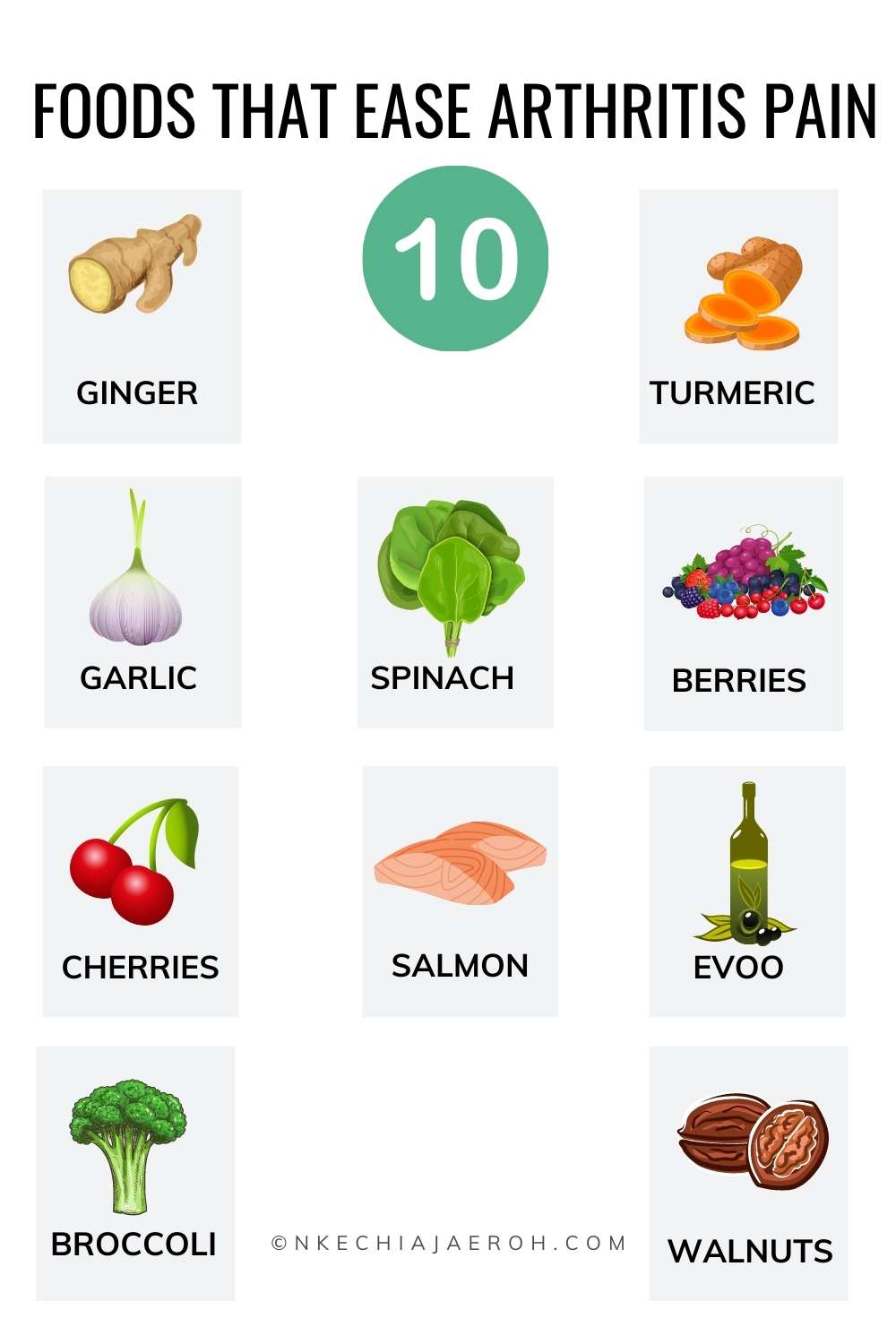Formidable Info About How To Avoid Rheumatism

People with ra can have a higher risk for developing other chronic diseases such as heart disease and diabetes.
How to avoid rheumatism. But it is important to help keep your joints working well by reducing pain and inflammation. A 2018 study suggested that poor sleep quality influences. 2 making diet and lifestyle changes.
A person with seropositive rheumatoid arthritis has antibodies that help identify the disease. Each time you report to the doctor for a checkup regarding your ra, schedule a followup appointment. Stop inflammation or reduce it to the lowest possible level (put disease in remission).
Eat a mediterranean diet high in vegetables, fruit, olive oil, nuts and wholegrains. There is no cure for ra, but the disease is treatable and manageable. How to reverse rheumatoid arthritis:
Getting enough sleep is important for everyone, but it’s especially important for those with ra. Work on a treatment plan. Avoid high salt in your diet.
Supportive treatments, such as physiotherapy. This article will cover rheumatoid arthritis symptoms, causes, treatment, and more. Don't try to ignore severe and.
There is no cure for ra. Living with rheumatoid arthritis. You are more likely to develop rheumatoid arthritis if someone in your close family has.
Choose a combination of aerobic exercise and strength training that can help reduce bone loss, which is a potentially serious side effect of ra. Quitting smoking, or never smoking, will reduce your risk of developing rheumatoid arthritis. We will review the evidence for prevention of ra and discuss key challenges for preventive interventions, including identification of the adequate target population, the.
Rheumatoid arthritis itself and many of the medications used to combat it can impair the immune system, leading to increased infections. Surgery may help restore your ability to use. 3 trying different assistive devices.
The most important thing you can do to avoid a flare is to take your medicine on time. If medications fail to prevent or slow joint damage, you and your doctor may consider surgery to repair damaged joints. The main treatment options include:
Medicine that is taken long term to relieve symptoms and slow the progress of the condition. 1 working with a rheumatologist. 7 ways to work towards remission.


















